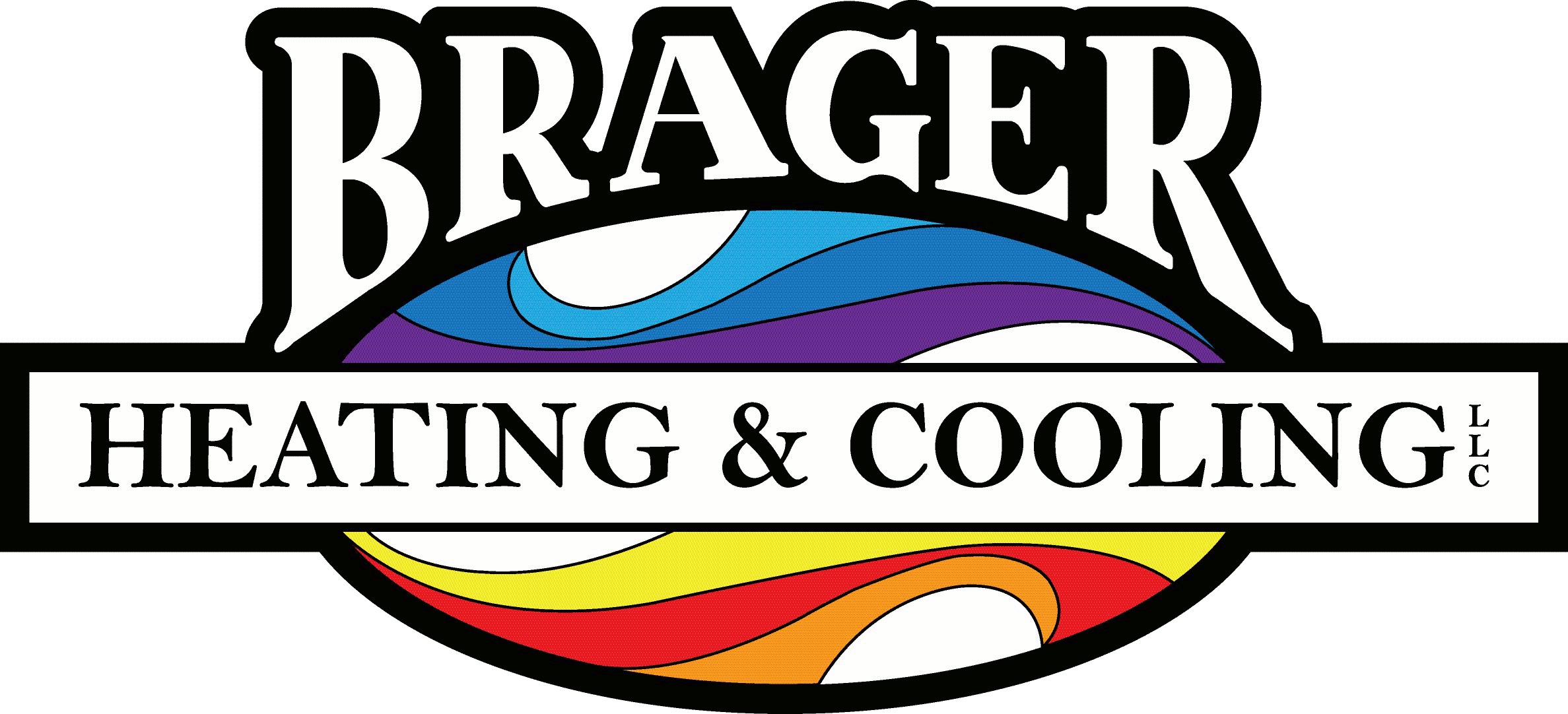
Even if temperatures are ideal indoors, some homeowners find their sense of comfort isn’t complete. A common issue is poor indoor air quality, with allergens and airborne debris leading to various issues. From aggravating asthma to promoting mold, fighting for high air quality should be included in your overall HVAC plan.
Fortunately, you have a solution readily available. Whole-house air purifiers can remove these annoying particles, improving health and well-being. And as the name implies, they’re powerful enough to do so for the whole house! Installing an air purifier with help from JW Brager Heating and Cooling could be just what you need to iron out those frustrating comfort problems.
But wait, aren’t there air purifiers that are portable? While the principle is mostly the same, you’ll also realize these smaller models may not work as well. But you don’t have to take our word for it. We can provide more info about how installing a whole-house air purifier is the right choice over portables. This and other indoor air quality services in Mount Horeb are some of your best tools for achieving the highest possible air quality.
Why Do I Need an Air Purification System?
When you consider pollution or airborne particles, things such as pollen, animal dander, and even industrial fumes may be what you think of first. These particles aren’t a problem outdoors, but it’s when they slip indoors that they really start creating issues.
The problem is that modern homes are constructed with a strong barrier separating the indoors and outdoors. This is fantastic for keeping heating and cooling from getting out, but it unintentionally results in the indoor air getting stagnant.
An air purification system, especially a whole-house model, catches a wide range of airborne particles in their filters, stopping them from moving around your home. You might also notice you find yourself dusting less often!
For the Most Part, Installing a Whole House Air Purification System a Whole-House Air Purifier Is the Smarter Choice
Cost is always a concern, and you might see the more affordable price tag of a portable air purifier as as the driving factor in your choice. But when the goal is maximum indoor air quality, the strength of whole-house air purification becomes undeniable:
- A single system ensures clean air throughout your home: You won’t have to carry a portable purifier around from room to room since whole-house models are powerful enough to remove pollutants across your entire home.
- Much more cost-effective for long-term use: Rather than keeping multiple units in different rooms, a single, whole-house air purification system protects air quality for a very long time. This dependable air filtration also keeps dust and debris from making it into the rest of your HVAC system, as this could improve the efficiency of your other climate control products.
- Reduced upkeep needs due to fewer filter clogs and lower pollution levels: A clog in the air filter is one of the most common reasons you see a drop in your HVAC system’s performance. Air purifiers help keep these filters from clogging to begin with thanks to their own impressive designs. For example, air purifiers with a HEPA filter give you access to some of the best air filtration for residential properties.
For a Typical Household, Look for MERV Ratings Around 8
The Minimum Efficiency Rating Value (MERV) system was developed to help homeowners make informed decisions about the degree of air filtration they’re considering. While a higher MERV rating means more filtration, that may not be something your average home needs.
The scale can go as high as 20, but this is unnecessary outside of specialized facilities like the surgery theater in a hospital. For a typical family’s use, a MERV rating of 8 is usually more than sufficient. The air quality experts at JW Brager Heating and Cooling can help you determine precisely which option will satisfy your needs.
